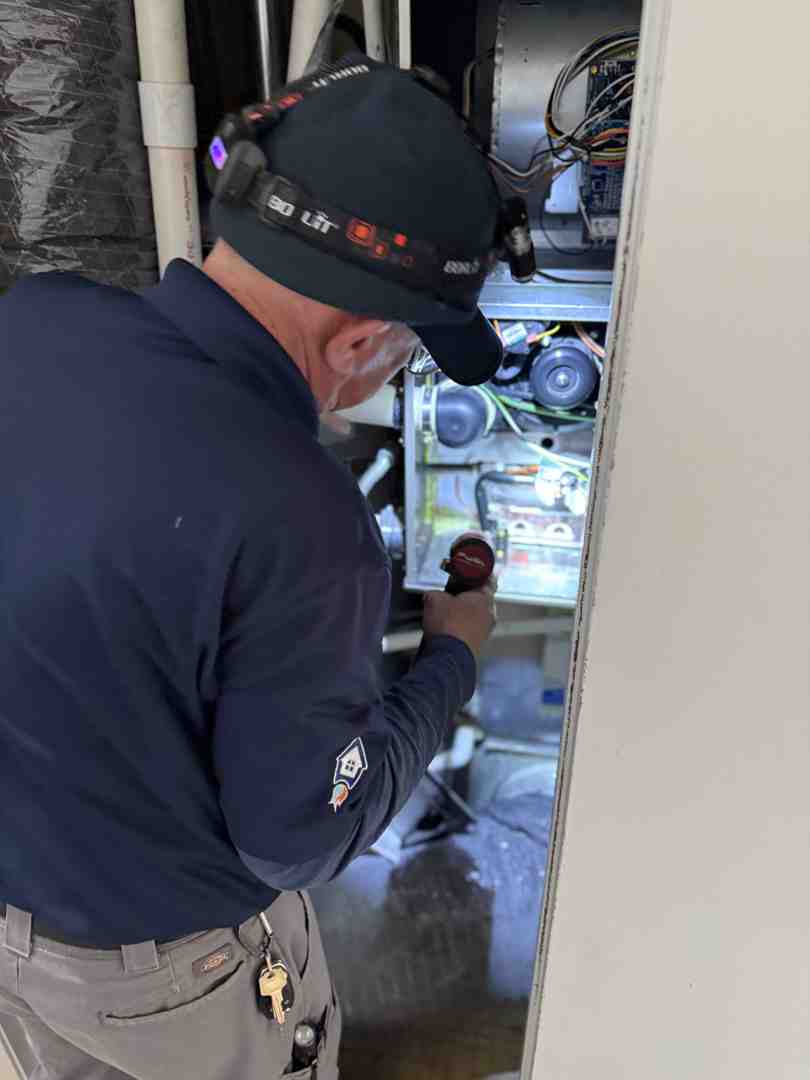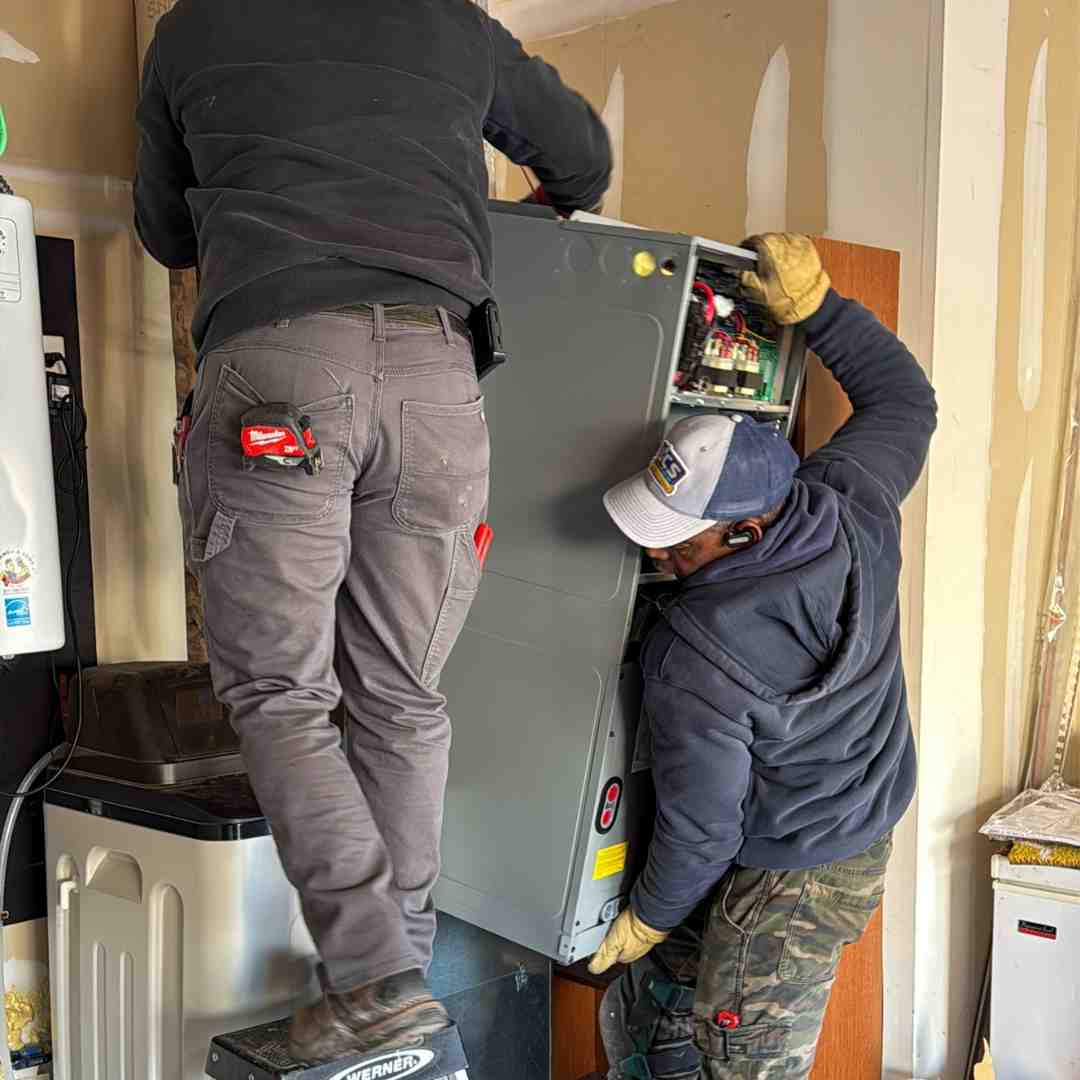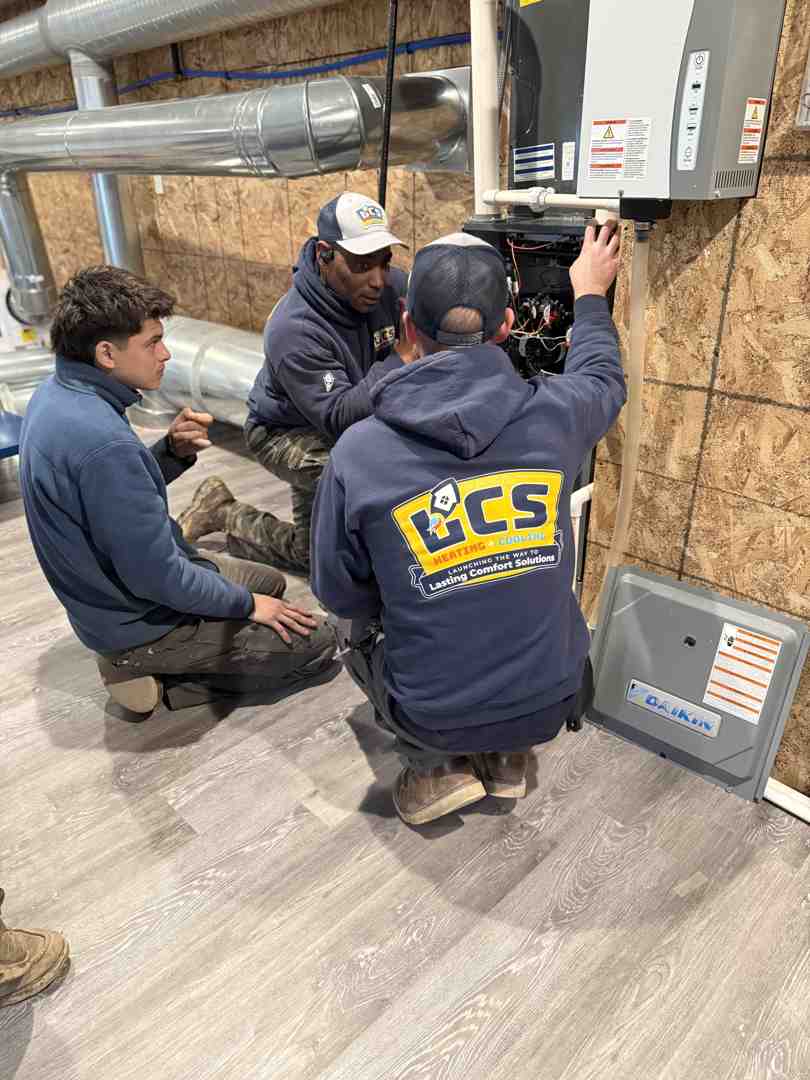Boost Your Home Comfort: The Essential Guide To Quality HVAC Installation
A common question we hear is, “What’s the best brand of furnace and air conditioner?” The truth is, there is no single best brand. All the major brands offer quality equipment, each with its own set of features and options, along with warranties on parts. However, the real key to a successful HVAC system isn’t just the brand—it’s the quality of the installation.A furnace and air conditioner, no matter how high-end, will not function efficiently if they are not installed properly. Poor installation can lead to inefficient operation or even complete system failure, drastically shortening the equipment’s lifespan. Here are some critical factors to consider when choosing a company to install your new HVAC system:
- Licensing: Ensure the company is licensed. Licensed companies are familiar with local codes designed to ensure the safety and proper operation of HVAC equipment. They can also pull the necessary permits for the installation.
- Third-Party Certifications: Check if the company is certified by third-party organizations. For example, the Air Conditioning Contractors of America (ACCA) offers a Quality Assured Program for HVAC contractors. Other certifications also indicate that the company and its technicians follow proper installation techniques.
Many homeowners focus on purchasing an air conditioner with a high SEER (Seasonal Energy Efficiency Ratio) rating. SEER rating measures the efficiency of the cooling system. However, it’s important to note that proper installation significantly impacts whether the system will achieve its rated SEER efficiency.Several installation issues can affect your HVAC system’s performance and longevity.
- Moisture: If moisture is not properly removed during installation, it can negatively impact the system’s operation and lifespan. This issue might not be immediately noticeable but will cause long-term damage.
- Charged Systems: Proper system charging is crucial. If the system is not charged correctly, it won’t cool your home efficiently, leading to higher utility bills, potential repair costs, and a shorter system lifespan.
- Thermostat Wiring and Programming: Incorrect wiring or programming can prevent the unit from operating at full capacity, resulting in higher utility bills. We’ve encountered situations where efficient two-stage air conditioners were only wired to one stage, meaning the homeowner wasn’t benefiting from the efficiency they paid for.
- Correct System Sizing: Technology has come a long way over the past several years. As a result, it’s more important than ever to ensure that the system is sized correctly for your home and ductwork. Undersized systems will not properly heat and cool the home, which can also result in extra part failures. Homes with oversized systems tend to struggle with humidity control, see higher utility bills, and can experience a shorter equipment lifespan.

Work with a Trusted HVAC Company
When investing in a new HVAC system, consider who you want to work with for the next 10-12 years. Will the company be easy to reach if issues arise? Can they process warranties promptly? Do you trust them to resolve any problems efficiently? Remember, if there’s an issue, you’ll be contacting the installer, not the manufacturer, much like contacting a car dealership rather than the car manufacturer when there’s a problem with your vehicle.Choosing the right company for installation is crucial for ensuring the longevity and efficiency of your HVAC system. Don’t compromise on installation quality—trust the experts at LCS for reliable, efficient HVAC solutions tailored to your home’s needs. Contact us today to learn more and schedule a consultation!


